Whilst medical cannabis is not a cure for it, it can very effectively treat some of the myriad of unpleasant symptoms such as inflammation, which is one of the main causes of pain and discomfort associated with the condition. For many patients with Crohn's, the search for an appropriate treatment can take years. It can be particularly debilitating and unpleasant for the sufferer, both physically and mentally, not least because of the devastating impact it can have on a person’s ability to experience a normal social life. In most cases, the symptoms are managed with prescription medications, none of which provide long-term relief.
Medical cannabis gives some Crohn's disease patients an alternative way in which to manage their symptoms without having to rely solely on conventional medical treatments, which frequently result in numerous undesirable side effects.
What is Crohn's Disease?
Medical science still knows relatively little about Crohn's disease and its causes. It is an illness that attacks the intestines and the gastrointestinal tract, causing severe inflammation. This means that it can affect a person’s intestines, stomach and even the throat. Most people with Crohn's disease experience pain in the colon or the very last part of the small intestine. It is likened to permanently suffering from irritable bowel syndrome. Until now, scientists have only been able to theorise as to why people get Crohn's disease.
Some believe it is a genetic disorder that affects the normal running of the immune system. Others believe that it is to do with an imbalance in gut flora. As a hypothesis, that latter could explain why cannabis is so particularly effective in treating its symptoms. In general, patients with Crohn's disease will often experience severe stomach cramps and upset stomach, severe and chronic diarrhoea, rectal bleeding, and an inability to maintain weight.
Crohn's disease makes it extremely hard for the body to absorb the nutrients it receives. This, in turn, will quickly cause nutritional deficiencies that make it even more difficult for the body to recover. It can cause a palpable feeling of wasting away. Most patients with Crohn's disease develop the disease later on in life, and it can very often come about completely unexpectedly. It requires immediate medical attention and some quite dramatic lifestyle changes which can be difficult to follow.
THC and inflammation reduction
Cannabis has been shown to be extremely effective for people with Crohn's disease due to the plant’s ability to reduce levels of inflammation. This has been demonstrated time and again through peer review research, showing that THC has the ability to decrease inflammatory reactions that occur within the body. It is inflammation that, arguably, is the major symptom of Crohn's disease and the most difficult to manage.
Doctors usually advise patients to make significant dietary changes, including avoiding foods that cause inflammation, such as sugar, fats, highly processed foods. Some doctors recommend opioids as a treatment for some of the symptoms. However, there are very legitimate concerns that opioid treatment not only potentially increases the risk of intestinal infections, but it is highly addictive, is therefore not a viable long-term treatment option, and plays no role in the reduction of inflammation.
The interaction of cannabis with the human endocannabinoid system promotes an anti-inflammatory response. This explains why cannabis is also used with patients suffering from multiple sclerosis as well as arthritis and a whole host of other conditions. For many, reducing inflammation is the start and key first step in the healing process.
Cannabinoids like THC have the ability to increase the rate at which this healing takes place. For patients, this refers specifically to wounds caused in the colon.
CBD to protect the gastrointestinal tract
There is also evidence to suggest that CBD protects the gastrointestinal tract. When the body experiences an inflammatory response, it produces a substance called interleukin-17, which is a pro-inflammatory substance. This substance damages the mucous membranes within the gastrointestinal tract, which leads to further complications in people with Crohn's disease. CBD works to reduce damage to the mucous membranes within the GI tract. There are cannabinoid receptors all over the body, including the gastrointestinal tract, which means that when the endocannabinoid system is activated, this is one of the first places that is targeted.
The stomach and oesophagus are mostly lined with cannabinoid receptors, and these receptors are largely found within the immune cells in this part of the body.
As mentioned earlier, there are two main schools of thought around what causes Crohn's disease: a weak immune system vs an imbalance in stomach bacteria. Either could potentially explain the reasons for why a person develops Crohn's disease. The body’s endocannabinoid system could target both of these potential causes. If the GI tract’s immune cells are triggered by the endocannabinoid system being activated (by cannabis in this case), the sufferer may experience relief from symptoms.
When the endocannabinoid system functions effectively, then intestinal flora is regulated by it. Thus, it can definitely be argued that cannabis has the potential to treat Crohn's disease in a variety of different ways.
Clinical studies
Clinical studies are costly and time consuming, and persuading big pharma to undertake the expense of researching a much misunderstood, often maligned so-called “recreational drug” like cannabis, that remains deeply unpopular with the general public and lawmakers alike, continues to be an uphill battle. However, in 2013, a controlled study took place with 21 people with Crohn's disease. All of the participants were suffering from severe symptoms and were no longer responding to the standard medications offered to them.
The group was split into two, a control group receiving placebo, and the other receiving cannabis. The group receiving cannabis were given 115 mg of THC a day over the course of 8 weeks. At the time of writing, amongst those 11 who were in the cannabis group, half are completely in remission. 10 of the 11 reported improvements in their symptoms, and 3 were able to completely discontinue their existing steroid treatment.
One of the only problems with this research, was that the THC was given to the patients in a smoked form, whilst it is now widely accepted that edibles or oils are a far more effective form of delivery for gastrointestinal issues ( and, of course, smoking is not advisable, regardless ).
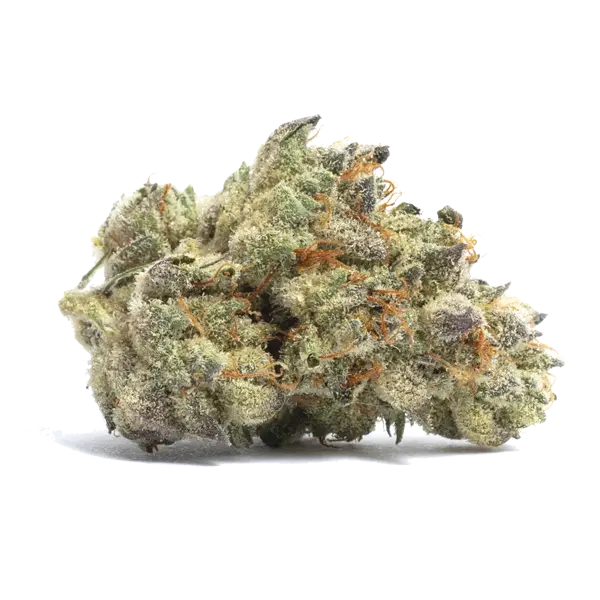
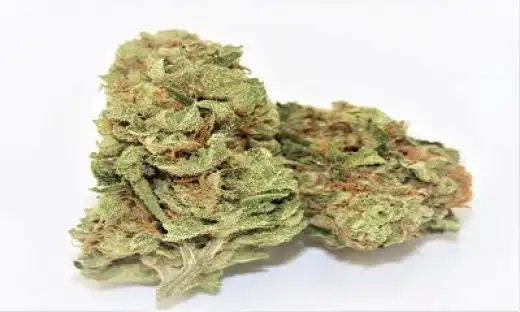

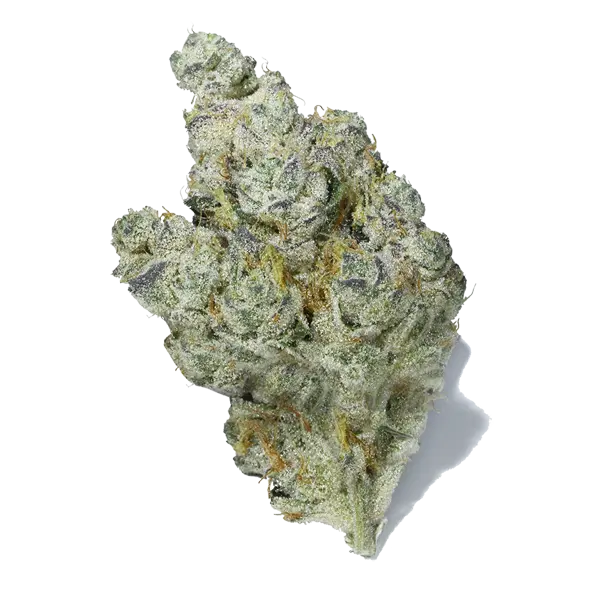
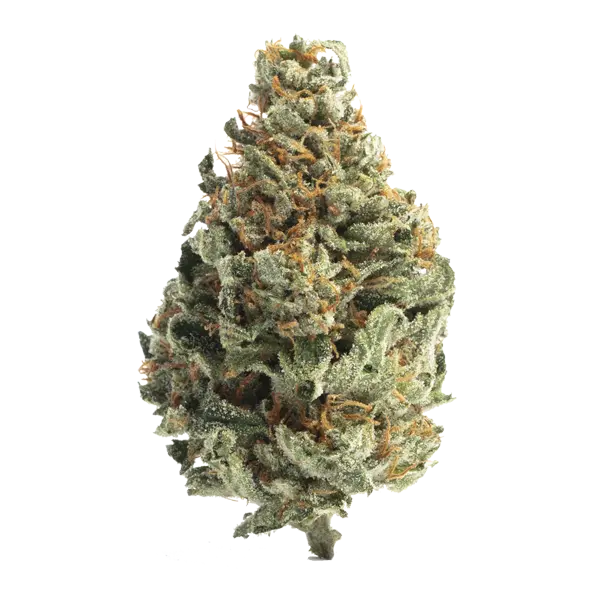
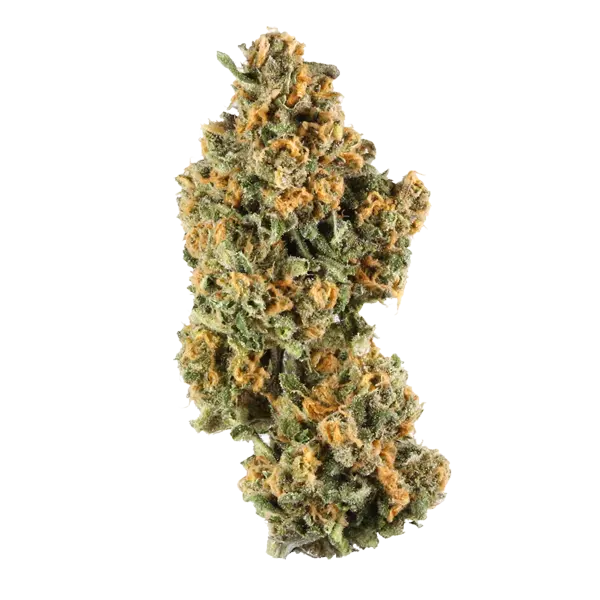
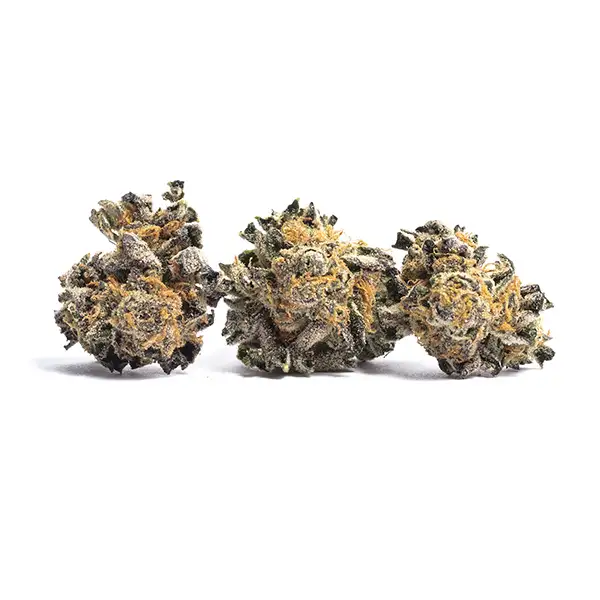
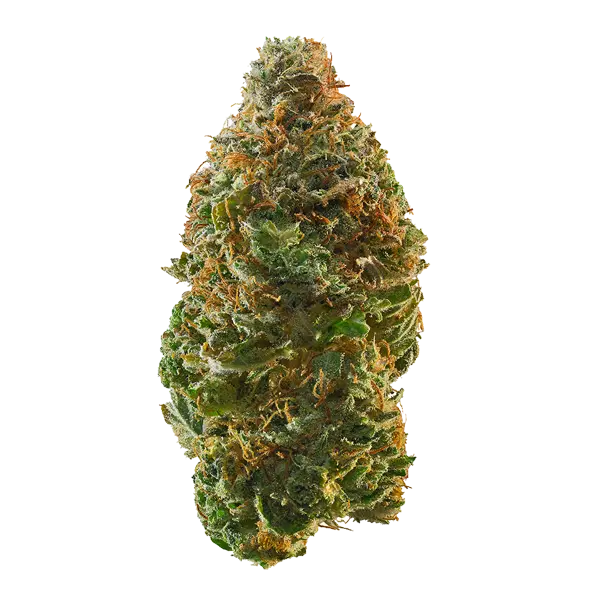
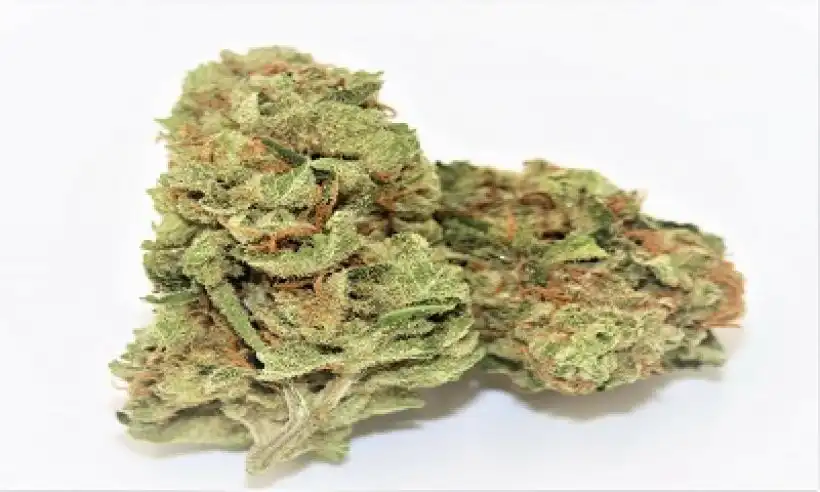
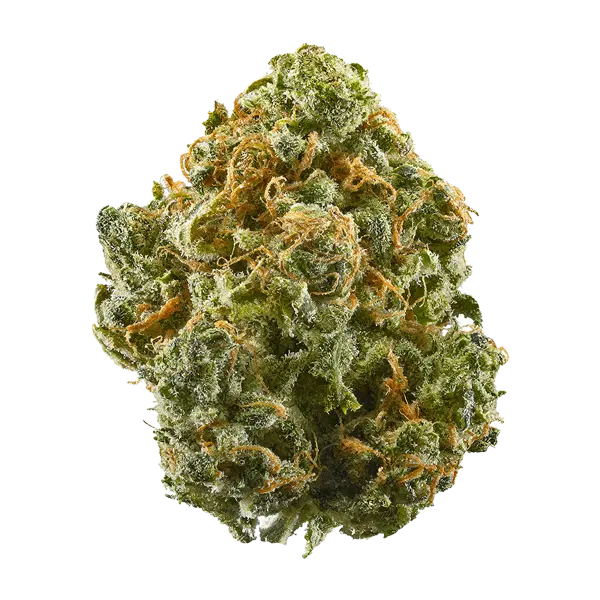
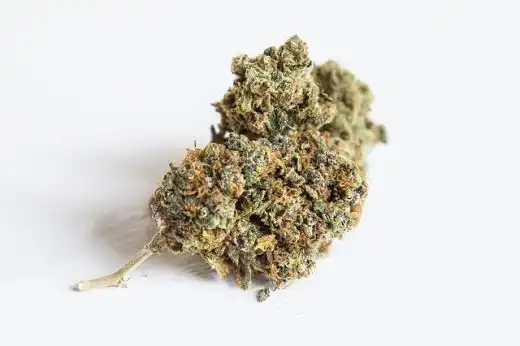
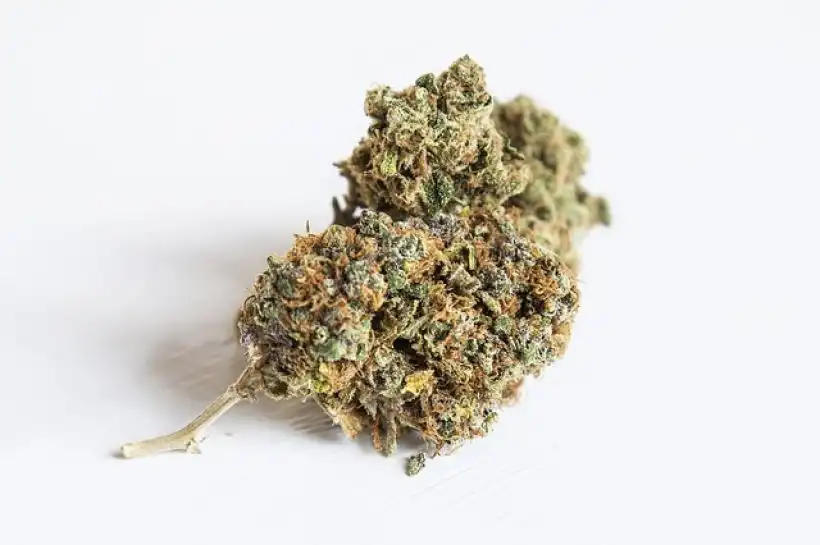
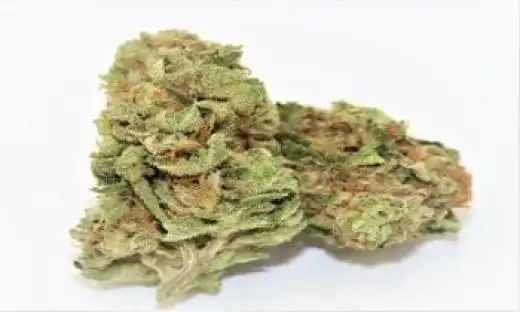
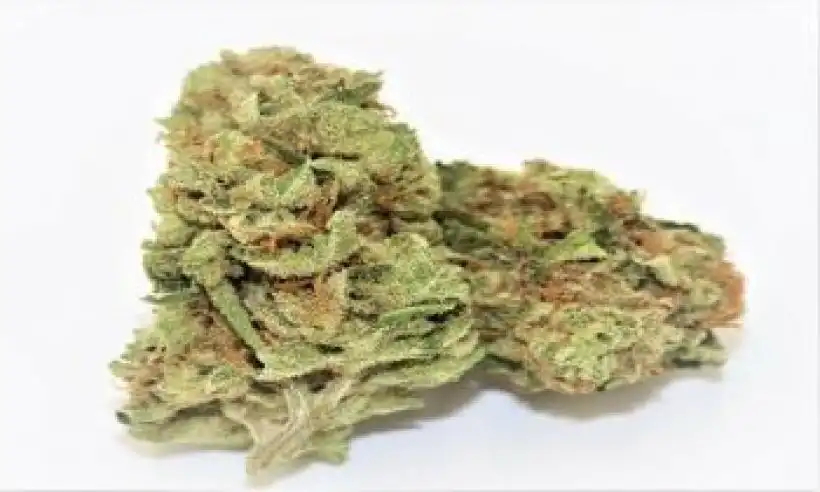
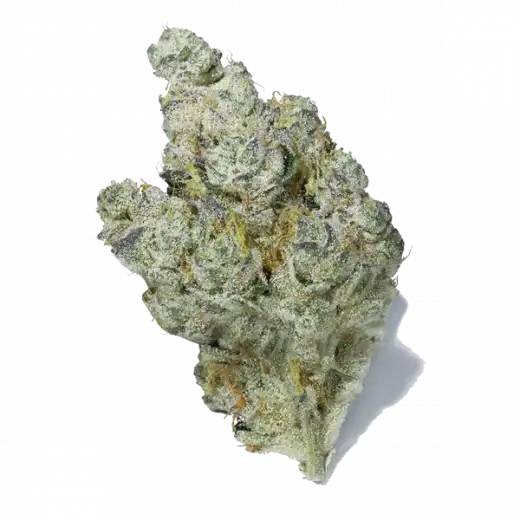

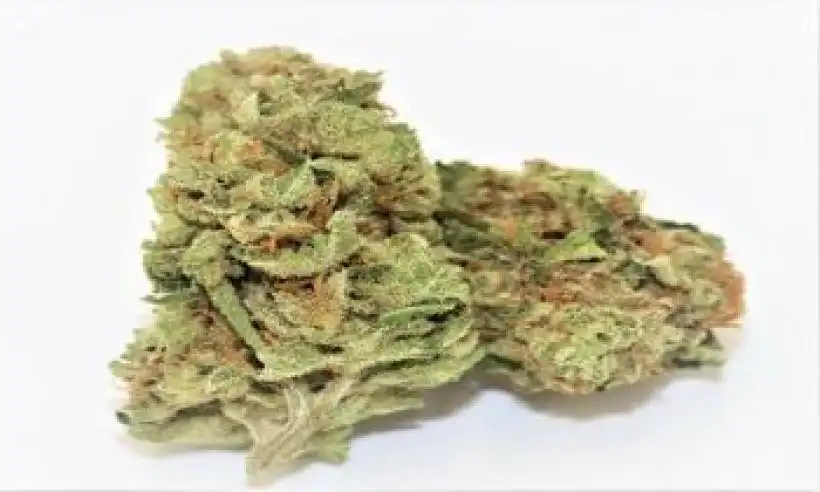
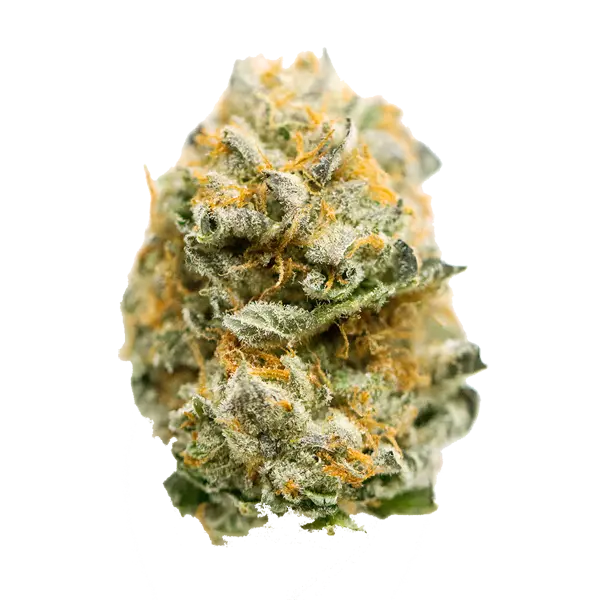
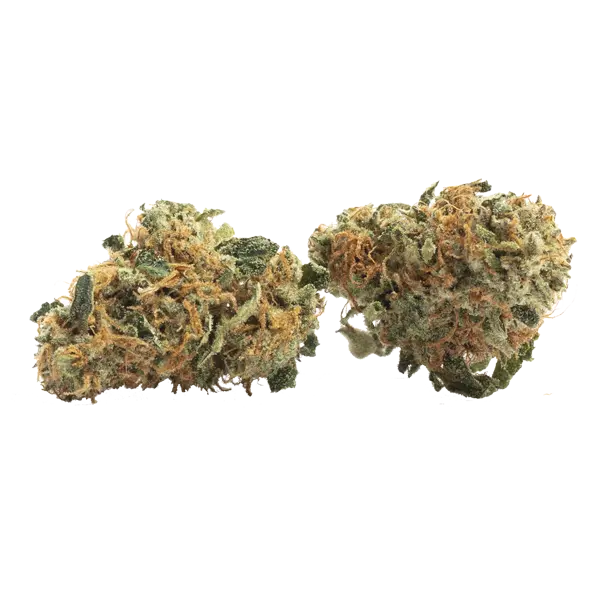
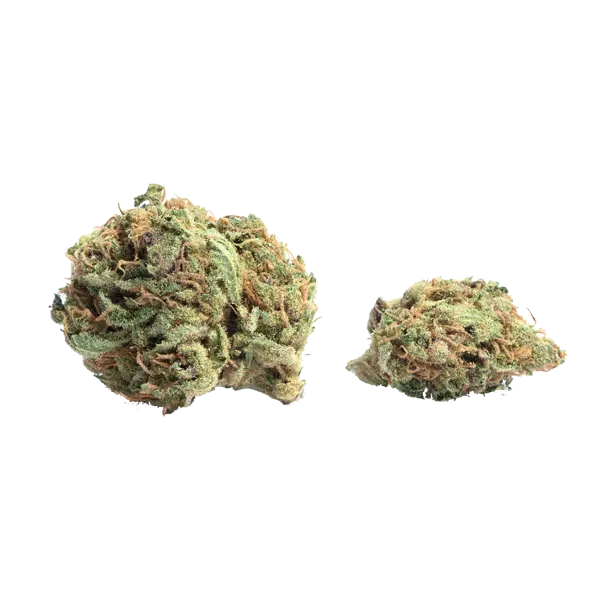
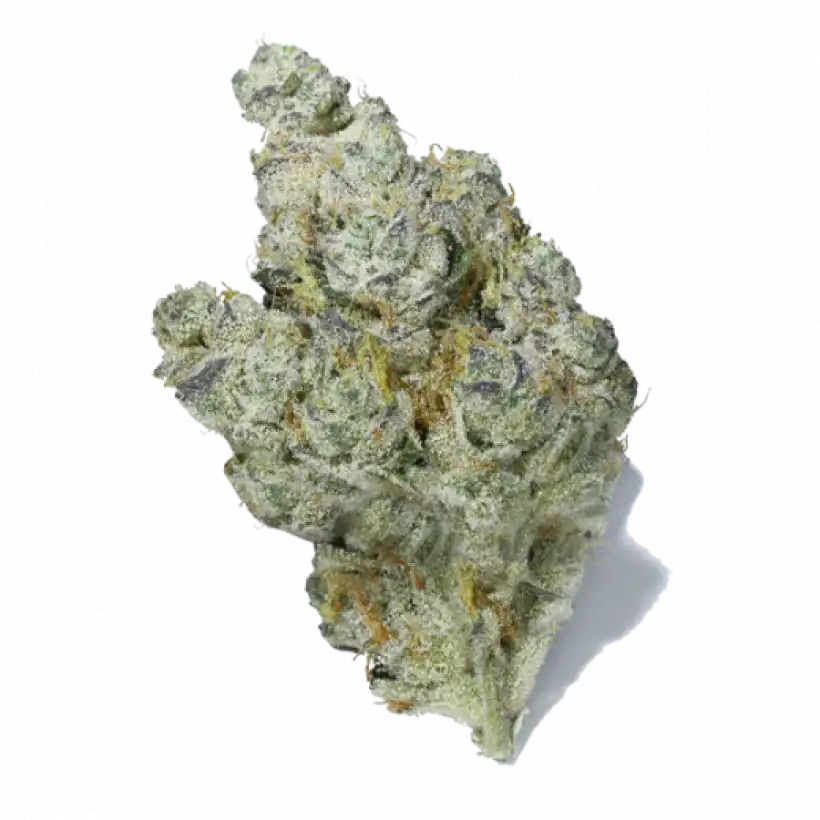
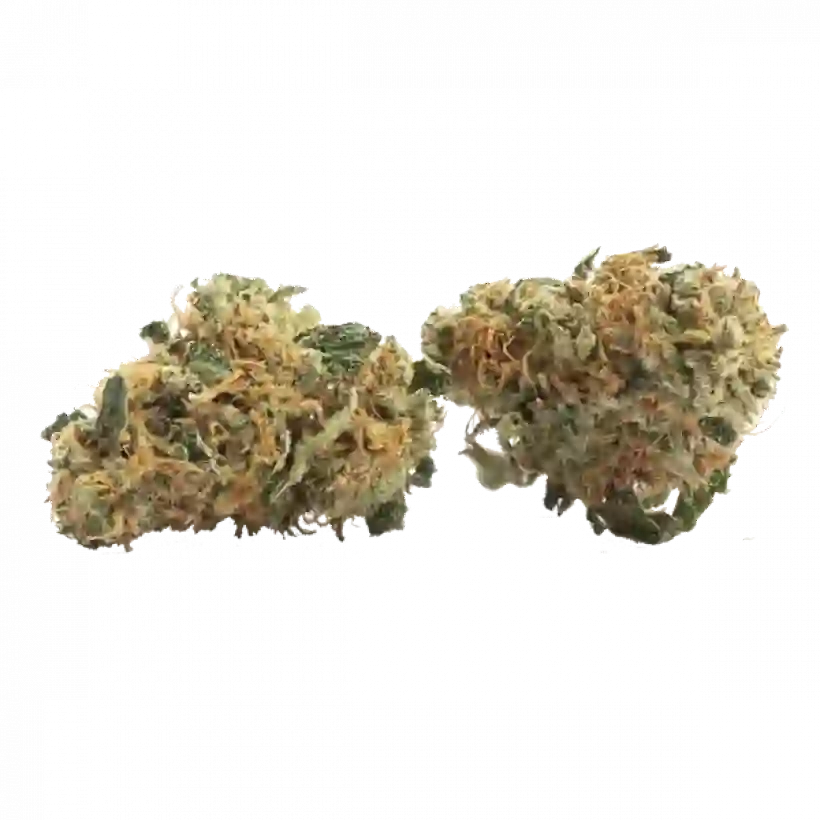

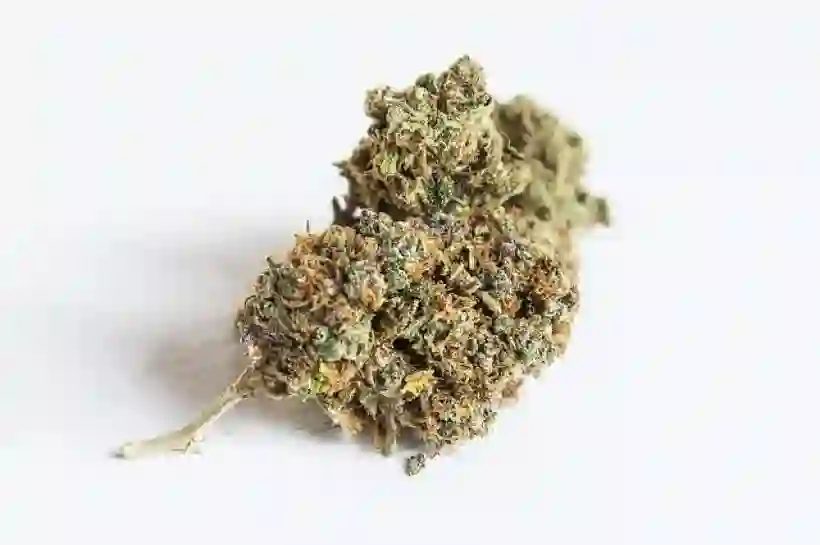
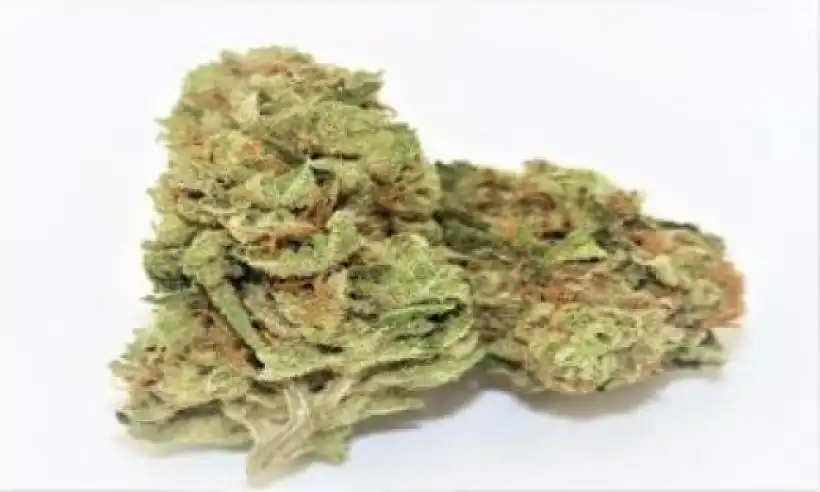
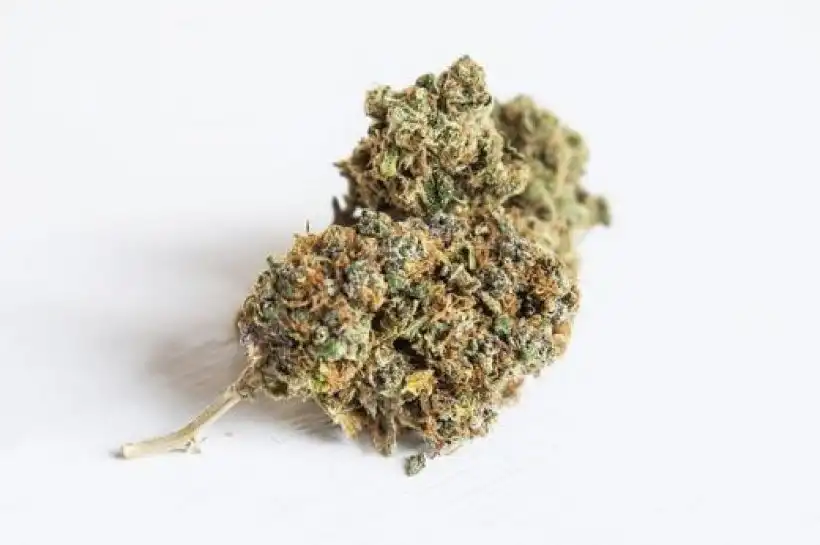




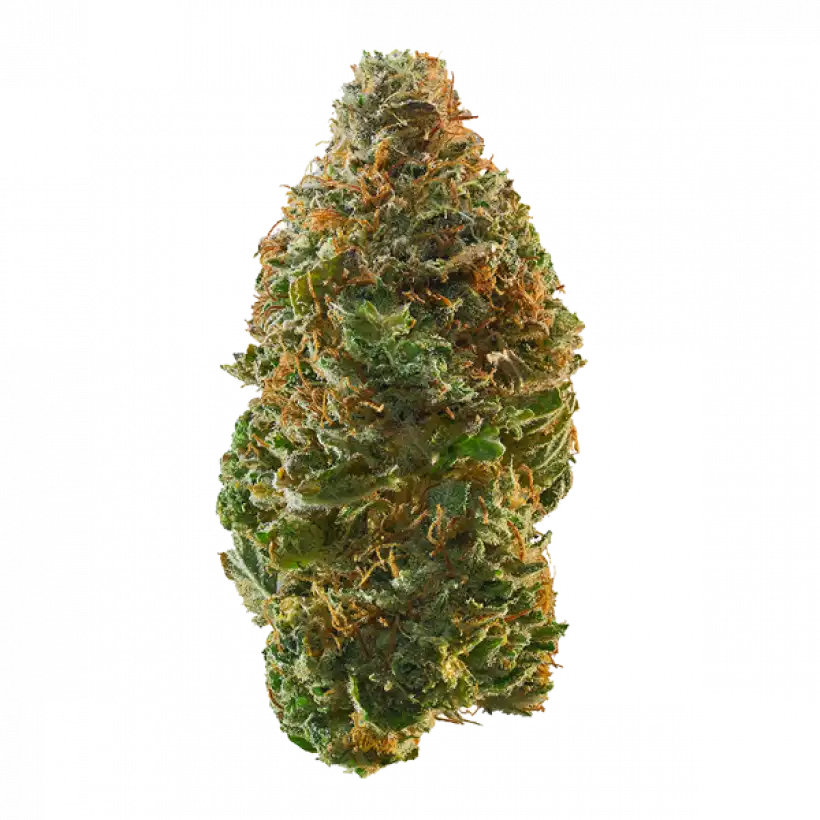

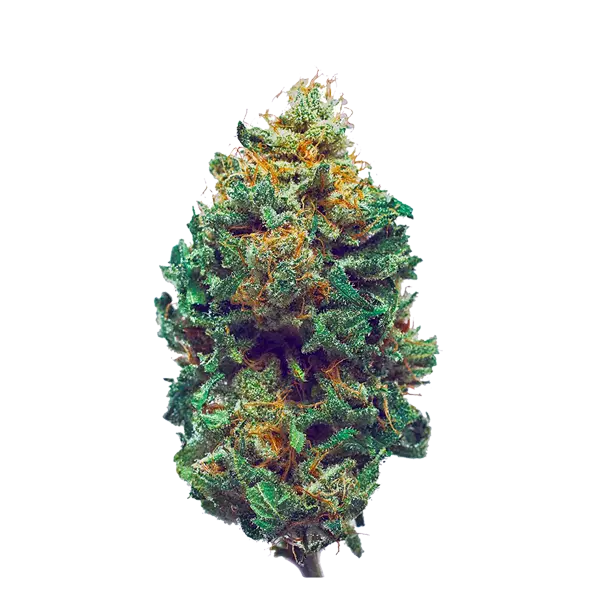

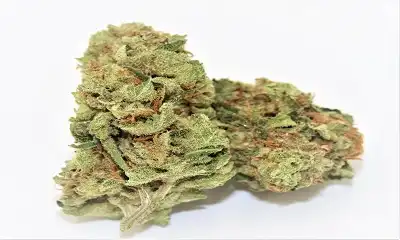
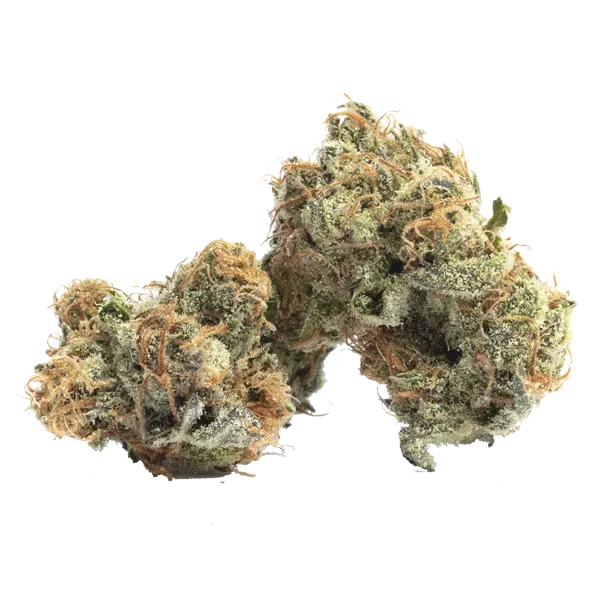
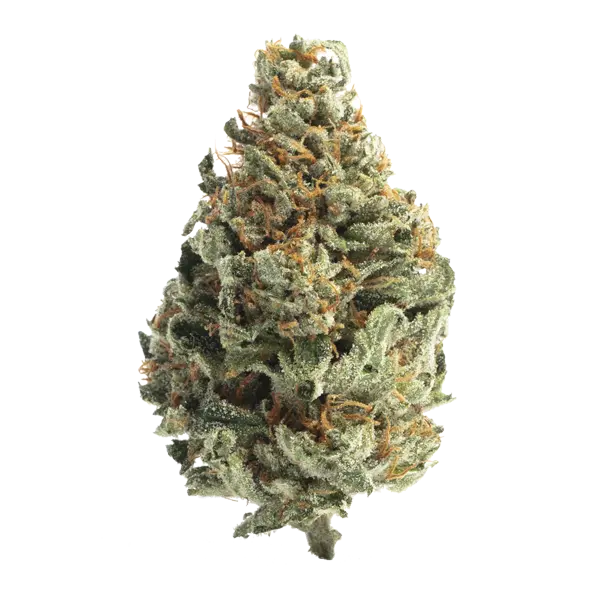
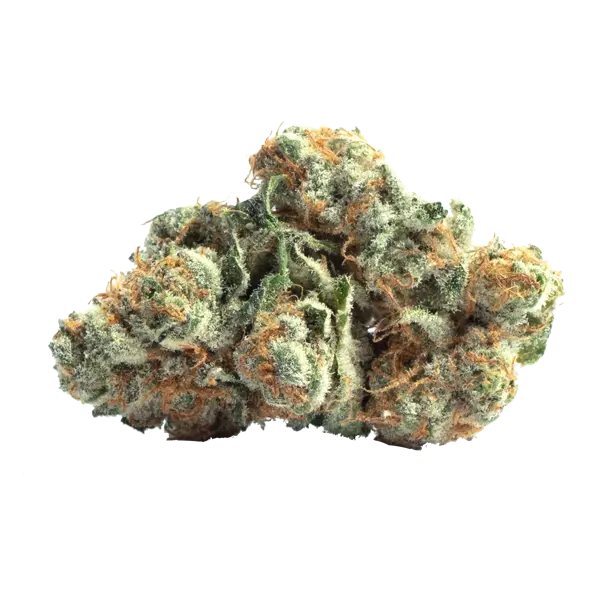
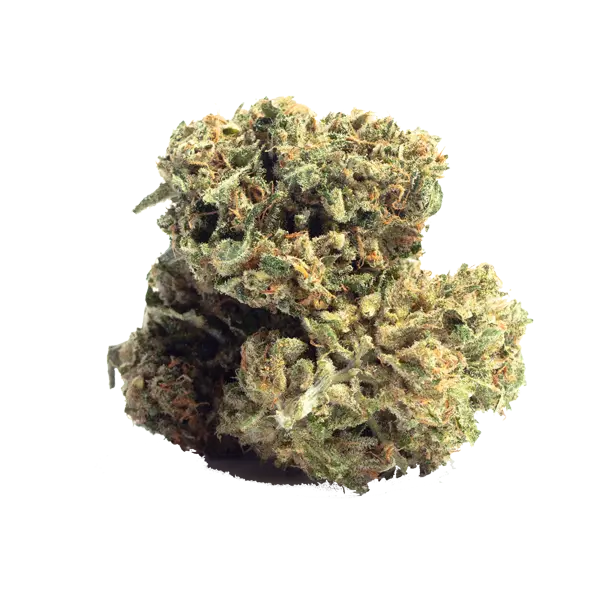
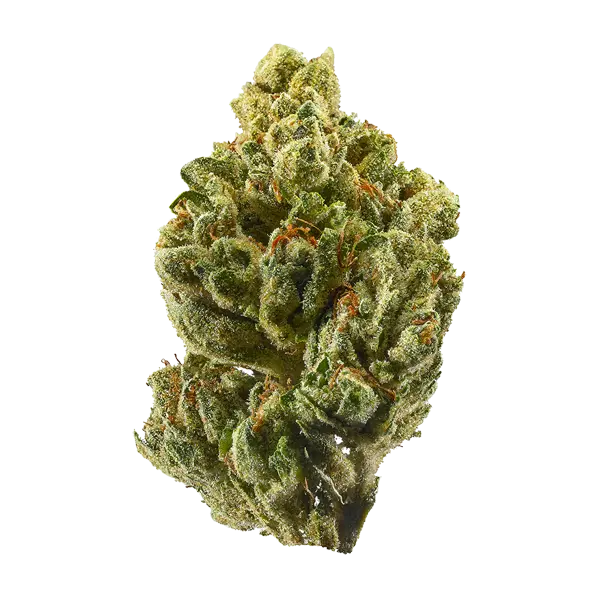
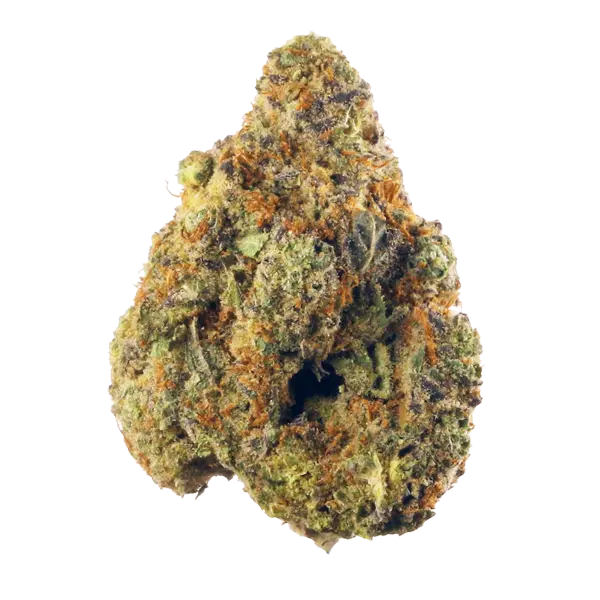
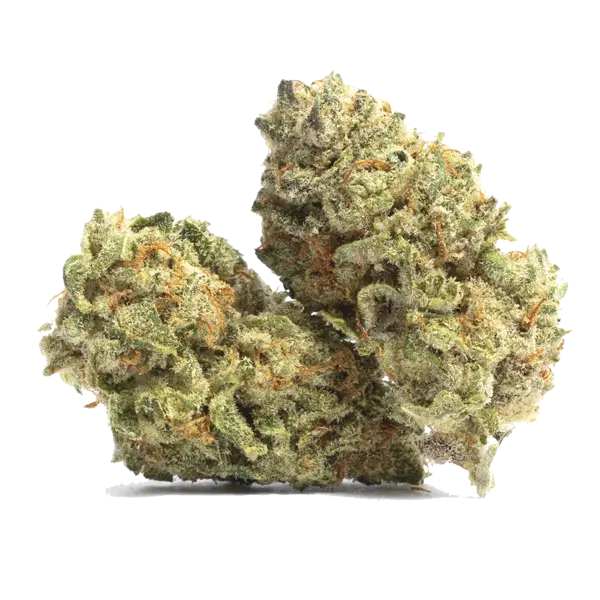
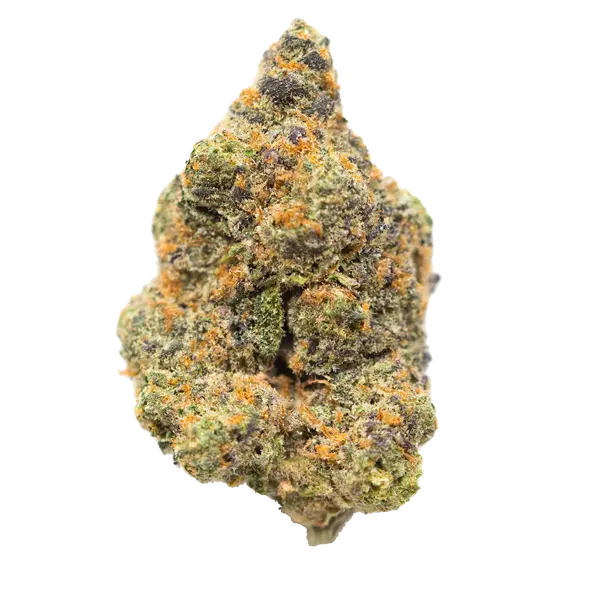
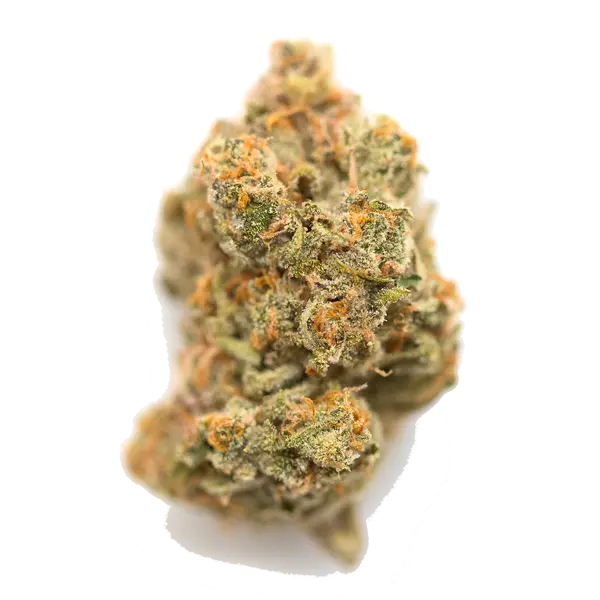
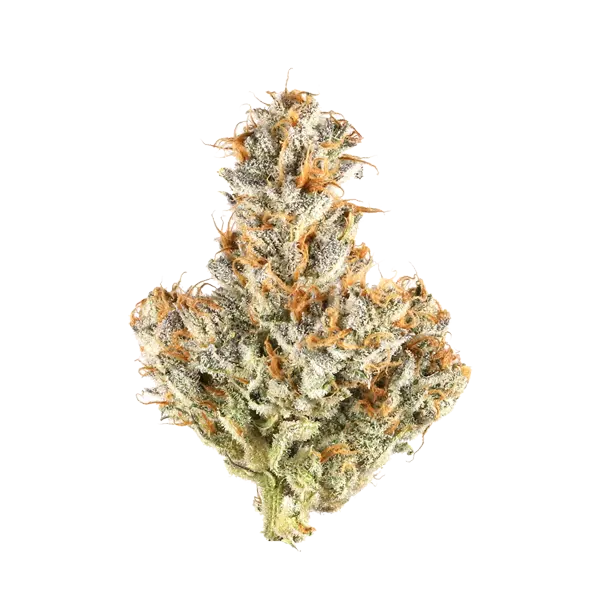


















 Multiple Sclerosis: Why Cannabis Is So Potentially Effective
Multiple Sclerosis: Why Cannabis Is So Potentially Effective Flavonoids in Cannabis
Flavonoids in Cannabis








